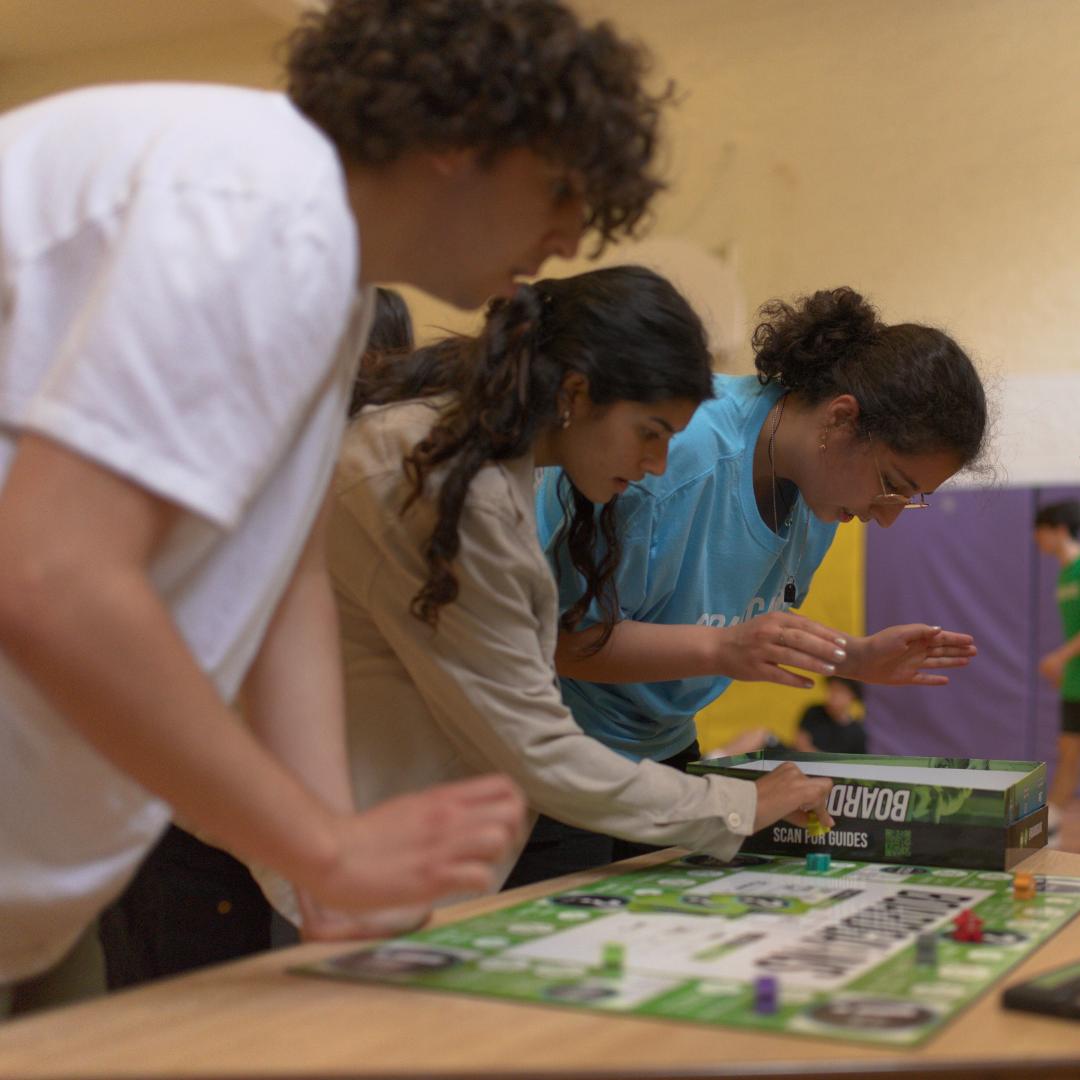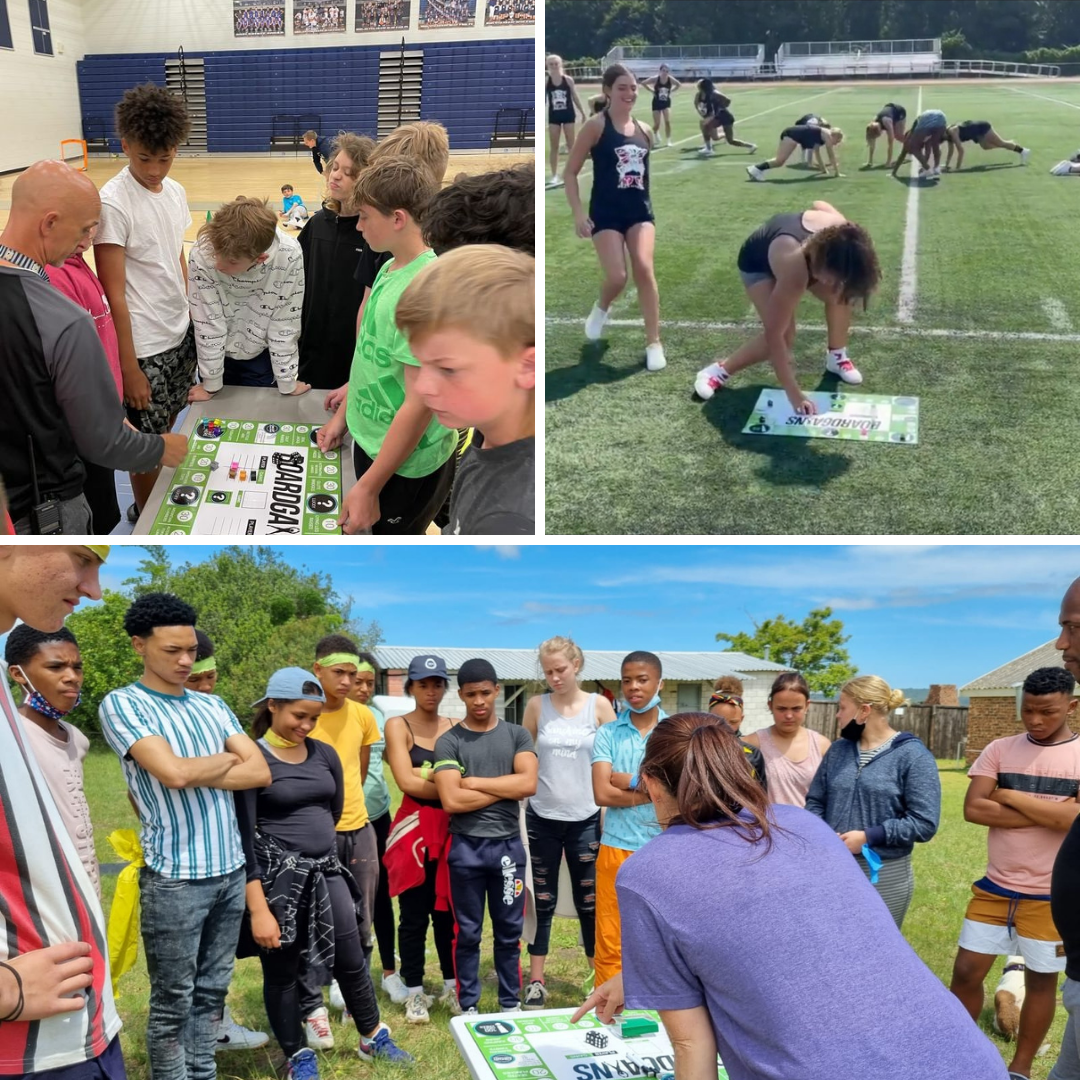Introduction to Physical Education in Schools
Physical education (PE) in schools isn't just a break from the classroom routine; it's a vital component of comprehensive education. It involves more than the development of physical prowess; it also encompasses mental and emotional growth. In today's educational landscape, where mental health and physical well-being are as important as academic achievements, PE plays a critical role in developing well-rounded young individuals. Let's delve into why PE is an indispensable part of the school curriculum and how it empowers the minds and bodies of young learners.
Historical Overview of PE in Education
Tracing back to the ancient Greeks, who highly valued physical fitness, the concept of PE has evolved significantly over centuries. Initially focused on military preparation and physical prowess, today's PE programs emphasize overall health, wellness, and the development of lifelong fitness habits. This transformation reflects the changing societal attitudes towards health and education, where nurturing the physical aspect of students is seen as crucial for their overall development.
Physical Benefits of PE for Students
The physical benefits of PE in schools are numerous. Regular physical activity improves cardiovascular health, builds strong bones and muscles, and decreases the risk of various health issues. PE programs designed for young learners lay the groundwork for a healthy lifestyle, emphasizing the importance of regular exercise. It's not just about playing sports; it's about instilling a habit of physical fitness that lasts a lifetime.
Mental and Emotional Perks of School-Based PE
PE is not only beneficial for students' physical health but also for their mental and emotional well-being. Engaging in physical activities releases endorphins, often referred to as 'happy hormones,' which help in reducing stress and anxiety. Furthermore, PE classes provide an environment where students can express themselves, boost their self-esteem, and develop resilience, contributing to their overall emotional health.
PE's Role in Social Skills and Teamwork
Physical education also plays a crucial role in developing social skills and fostering teamwork among students. Through group activities and team sports, students learn the importance of cooperation, leadership, and healthy competition. These skills are not only crucial in sports but also translate into other areas of life, promoting social harmony and collaborative spirit.
Curricular Integration: Balancing Academics and PE
An effective educational program balances academics and physical education. This section would explore how schools can integrate PE with academic subjects to enhance learning experiences. Innovative teaching methods, such as incorporating physical activity in classroom lessons or using sports examples to teach mathematics or physics, can make learning more engaging and holistic.
Innovative PE Programs and Their Impact
Some schools have gone beyond traditional PE classes, introducing innovative programs that cater to diverse interests and abilities. These programs, ranging from yoga and dance to adventure sports and fitness boot camps, not only increase students' interest in physical activities but also cater to their varying needs and preferences, demonstrating the versatility and adaptability of modern PE programs.
Challenges and Solutions in Implementing PE
Implementing an effective PE program is not without its challenges. This includes limited resources, lack of trained personnel, and varying levels of student interest. However, solutions such as community partnerships, teacher training, and student-centric program design can help overcome these barriers.
Parental and Community Involvement in PE
The role of parents and the community in supporting PE in schools is crucial. Their involvement can range from advocating for better PE programs to participating in school sports events. This partnership between schools, parents, and the community strengthens the support system for students and enhances the effectiveness of PE programs.
Future of PE in Education: Trends and Predictions
The future of PE in education is likely to see more technological integration, personalized fitness programs, and an increased focus on mental health. As we understand more about the importance of physical fitness in cognitive and emotional development, PE programs will continue to evolve, adapting to the changing needs of students and society.
Empowering Young Minds: The Importance of Physical Education in Schools
Physical education is more than a subject; it's a critical tool for empowering young minds. By engaging students in physical activities, schools are not just enhancing their physical abilities but also nurturing their mental and emotional health. PE is a foundation for lifelong well-being, equipping students with the skills and habits they need for a healthy, balanced life.
Conclusion: PE as a Pillar for Holistic Education
In conclusion, physical education is a cornerstone of holistic education, offering a plethora of benefits that extend well beyond the playing field. By nurturing the physical, mental, and emotional aspects of young learners, PE plays a pivotal role in preparing them for a well-balanced and healthy life. Schools must recognize the importance of PE in shaping empowered, healthy, and socially adept individuals, ready to tackle the challenges of the future.
FAQs on Physical Education in Schools
-
How does physical education impact academic performance?
Physical education positively impacts academic performance by enhancing students' concentration, memory, and classroom behavior. Regular physical activity has been shown to improve cognitive functions, leading to better grades and higher test scores. Additionally, PE helps in reducing stress and anxiety, which can further improve students' academic focus and performance. -
Can PE help in reducing childhood obesity?
Yes, PE plays a crucial role in combating childhood obesity. Regular physical activity in PE classes helps maintain a healthy weight, improve metabolism, and build muscle strength. By establishing healthy exercise habits early in life, PE can be a powerful tool in preventing obesity in children and adolescents. -
What are the psychological benefits of regular physical activity for students?
Regular physical activity, such as that provided in PE classes, offers significant psychological benefits for students. It helps reduce symptoms of depression and anxiety, enhances mood, and boosts self-esteem. Physical activity also improves sleep quality and helps in stress management, contributing to overall mental well-being. -
How can schools balance academic pressure and physical education?
Schools can balance academic pressure and physical education by integrating PE into the daily schedule in a way that complements academic learning. This can be done by scheduling PE classes at strategic times to break up long periods of academic work, using active learning techniques in the classroom, and promoting after-school sports programs. -
What is the recommended amount of PE for different age groups?
The recommended amount of physical education varies by age group. Generally, it is advised that children and adolescents engage in at least 60 minutes of moderate to vigorous physical activity daily. Schools should aim to provide structured PE lessons that contribute significantly to this daily total. -
How can technology be integrated into physical education?
Technology can be integrated into physical education by using fitness apps to track students' progress, employing virtual reality (VR) to create engaging and interactive environments for exercise, and utilizing online platforms for instructional videos and fitness challenges. Technology can make PE classes more dynamic, personalized, and enjoyable for students.










Leave a comment
This site is protected by hCaptcha and the hCaptcha Privacy Policy and Terms of Service apply.